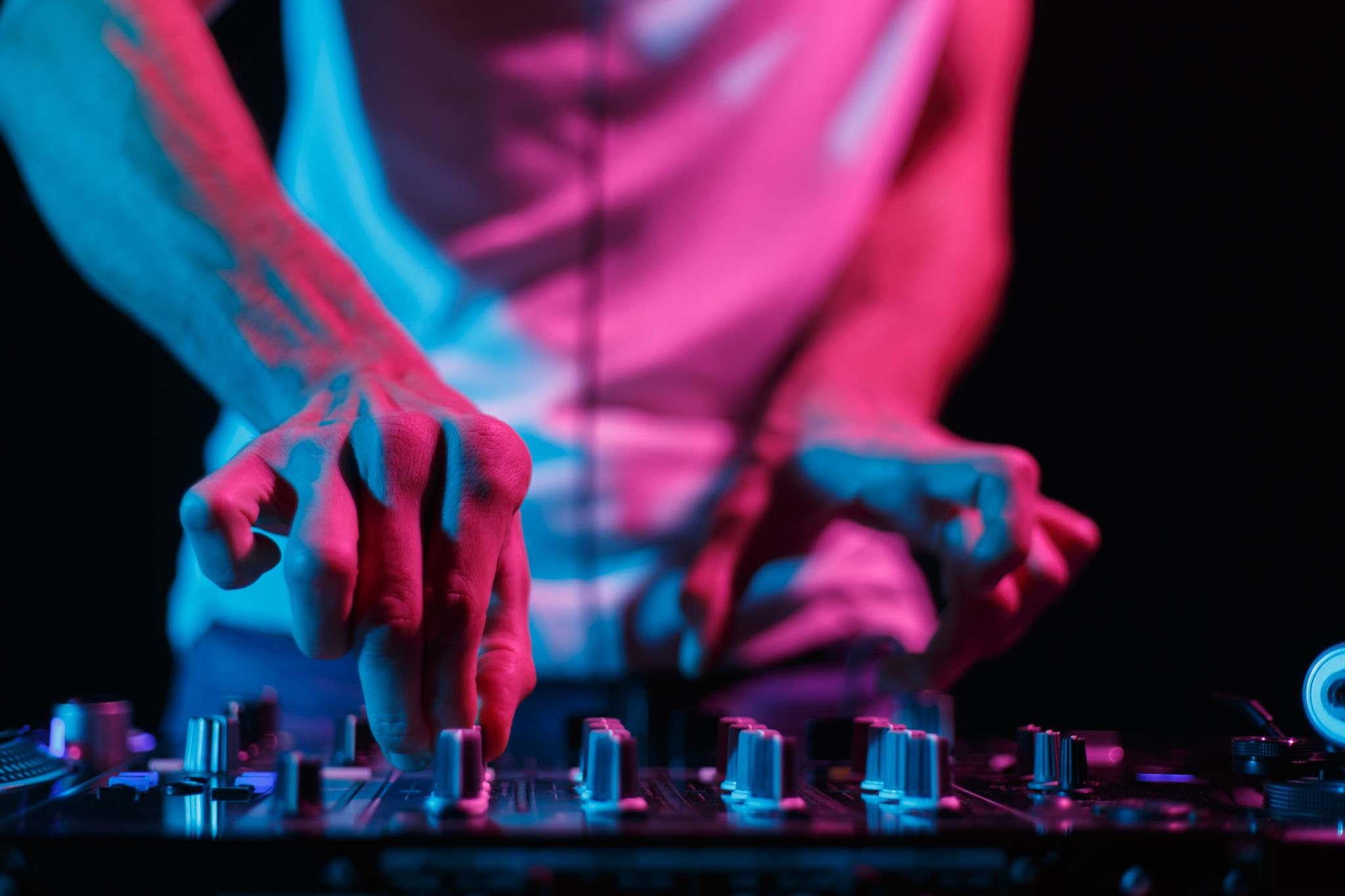Debunking Myths About Electronic Music and Live Performances
Understanding the Art of Electronic Music
Electronic music often gets a bad rap, with many people believing that it lacks the artistry and skill found in other genres. However, this couldn't be further from the truth. The creation of electronic music involves a deep understanding of technology, sound design, and musical theory. Artists invest countless hours perfecting their craft, experimenting with different sounds, and creating unique compositions that resonate with audiences worldwide.
One of the most prevalent myths is that electronic music is simply "pushing buttons." In reality, producing this genre requires a sophisticated blend of creativity and technical knowledge. Musicians use complex software and hardware to manipulate sounds, layering beats, and melodies to create rich and immersive audio experiences.

Live Performances: More Than Meets the Eye
Another common misconception is that electronic music performances lack authenticity, with critics suggesting that DJs and producers merely press play on pre-recorded tracks. This couldn't be further from the truth. Live electronic performances are dynamic events where artists actively mix tracks, adjust sound levels, and create spontaneous arrangements in real-time.
Many electronic musicians incorporate live instruments, vocals, and even visual elements into their shows, transforming the performance into a multisensory experience. The level of audience interaction is often high, with performers adjusting their sets based on crowd reactions and energy.

The Role of Technology in Enhancing Creativity
Technology plays a crucial role in electronic music, but rather than detracting from creativity, it enhances it. Artists use an array of tools like synthesizers, drum machines, and digital audio workstations to explore new sonic landscapes. This technological aspect allows for endless possibilities in sound creation, encouraging musicians to push boundaries and innovate.
Moreover, technology enables collaboration across genres and geographies. Musicians from different backgrounds can work together remotely, blending diverse influences to craft unique sounds that wouldn't be possible otherwise.

Breaking Down the Stereotypes
It's essential to move beyond stereotypes when discussing electronic music and acknowledge the skill and dedication involved. Like any other genre, electronic music has its own set of challenges and rewards. Artists continually strive to evolve their sound and connect with listeners on a deeper level.
The global popularity of electronic music festivals underscores its impact on contemporary culture. These events attract thousands of fans who come together to celebrate the genre's diversity and creativity. The energy at these festivals is palpable, with live performances often being the highlight.
The Future of Electronic Music
As technology continues to advance, so does the potential for innovation in electronic music. Future trends point towards even more immersive live experiences, integrating virtual and augmented reality technologies to captivate audiences further. The genre's adaptability ensures its relevance in an ever-changing musical landscape.
Ultimately, electronic music is a celebration of creativity, technology, and human connection. By debunking myths and appreciating the artistry involved, we can gain a deeper understanding and appreciation for this vibrant genre.